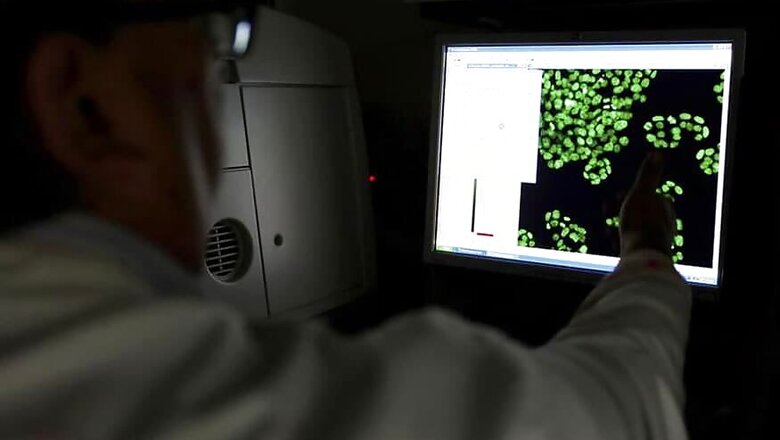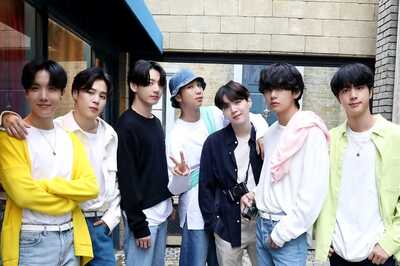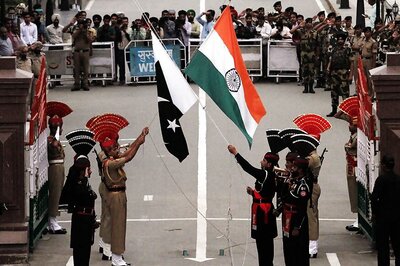
views
Forty-five-year old Virendra Sharma’s father was diagnosed with multiple myeloma (a type of blood cancer) five years ago. It was a long battle against the monster illness which exhausted him mentally, emotionally and financially.
“I didn’t know then where to go, what to do. I saw my father dying helplessly despite all the treatment we could arrange. In the end, I lost my father and it cost me around Rs 30 lakh,” said a grim Sharma.
This is one of the biggest problems with cancer treatment. The cure is so expensive that it leaves families often tattered emotionally and financially.
A recent report by the World Health Organisation (WHO) says the standard treatment for breast cancer can drain 10 years of average annual income in India.
“Pharmaceutical companies set prices according to their commercial goals, with a focus on extracting the maximum amount that a buyer is willing to pay for a medicine,” the report says.
The pricing set by such intent often makes cancer medicines unaffordable, preventing the full benefit of the medicines from being realised, the report says.
Rakesh Kumar*, a chartered accountant whose wife was successfully treated for breast cancer, agrees.
“We spent more than Rs 15 lakh, but we know people have to spend even Rs 30-35 lakh for the treatment. Families get ruined due to the exorbitant cost of the treatment,” says Kumar.
The WHO report says the high pricing of cancer drugs is the biggest hurdle in treatment. In fact, this is “impairing” the ability of governments to provide affordable cure to the patients.
In one of its many recommendations to provide better access of treatment to patients, WHO has recommended that there should be transparency in discounts and expenditure in the R&D of drugs.
Often big pharma giants push the argument that cost is essential for quality research and development (R&D), but the WHO report says concerns that lower prices may impair future R&D seem misplaced.
According to the report, “…evidence suggests that prices of cancer medicines bear little or no relationship with R&D costs.” It stresses on the point that since the financial return of cancer medicines is high, the potential impact on revenue due to lower prices could be offset by higher volume of sale, especially when the marginal cost of production is low.
An examination of 99 cancer drugs shows that for every dollar spent in R&D, pharma companies earn a revenue that is 14.5 times the initial cost.
The report says “… Thirty-three of those medicines had already qualified as ‘blockbuster drugs’ by having an average annual sales income exceeding US$ 1 billion. Many medicines, particularly biologics, continued to generate high sales incomes for the originator companies after the expiry of patents and the end of exclusive marketing rights.”
The WHO report also recommends steps like differential pricing among rich and developing poor countries to widen the access of medicine.
For instance, the report notes that delays in the patient’s access to medicines occur “when prices of cancer medicines are higher than a country’s ability to pay”. This, in return, impairs the coverage of essential cancer medicines and limits the system’s ability to achieve the best possible patient health outcomes.
India has around 23 lakh cancer patients and more than 10 lakh are added every year. The country every year is witness to the death of almost 8 lakh people due to cancer. It is feared that anti-cancer drugs will be completely out of reach of Indian patients in the absence of price control.
Experts say that the Department of Pharmaceutical’s decision to amend the Drug Price Control Order (DPCO) to exclude patented medicines from price control for five years from commercial marketing is flawed and should be withdrawn by the Government of India.
“The move is in complete contradiction to the latest evidence produced by the WHO report on cancer drug prices. The report highlights that R&D and production costs bear no relationship to how prices are being set for patented medicines. India should not hesitate to cap prices and issue compulsory licences to a generic drug manufacturer to bring the prices down,” says Leena Menghaney, South Asia Head, MSF Access Campaign.
*Name has been changed.




















Comments
0 comment